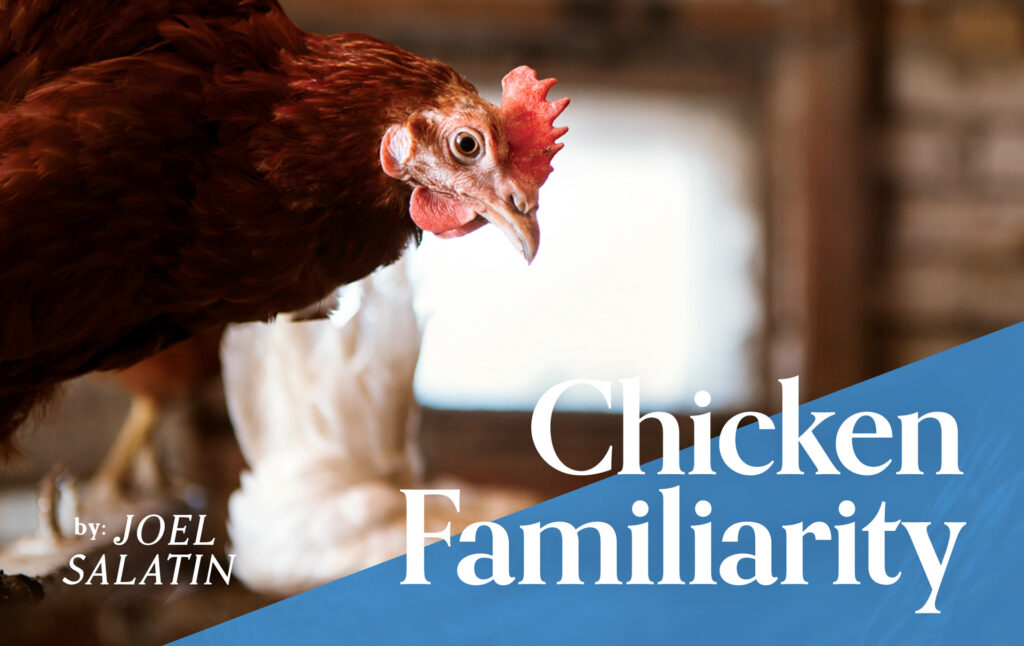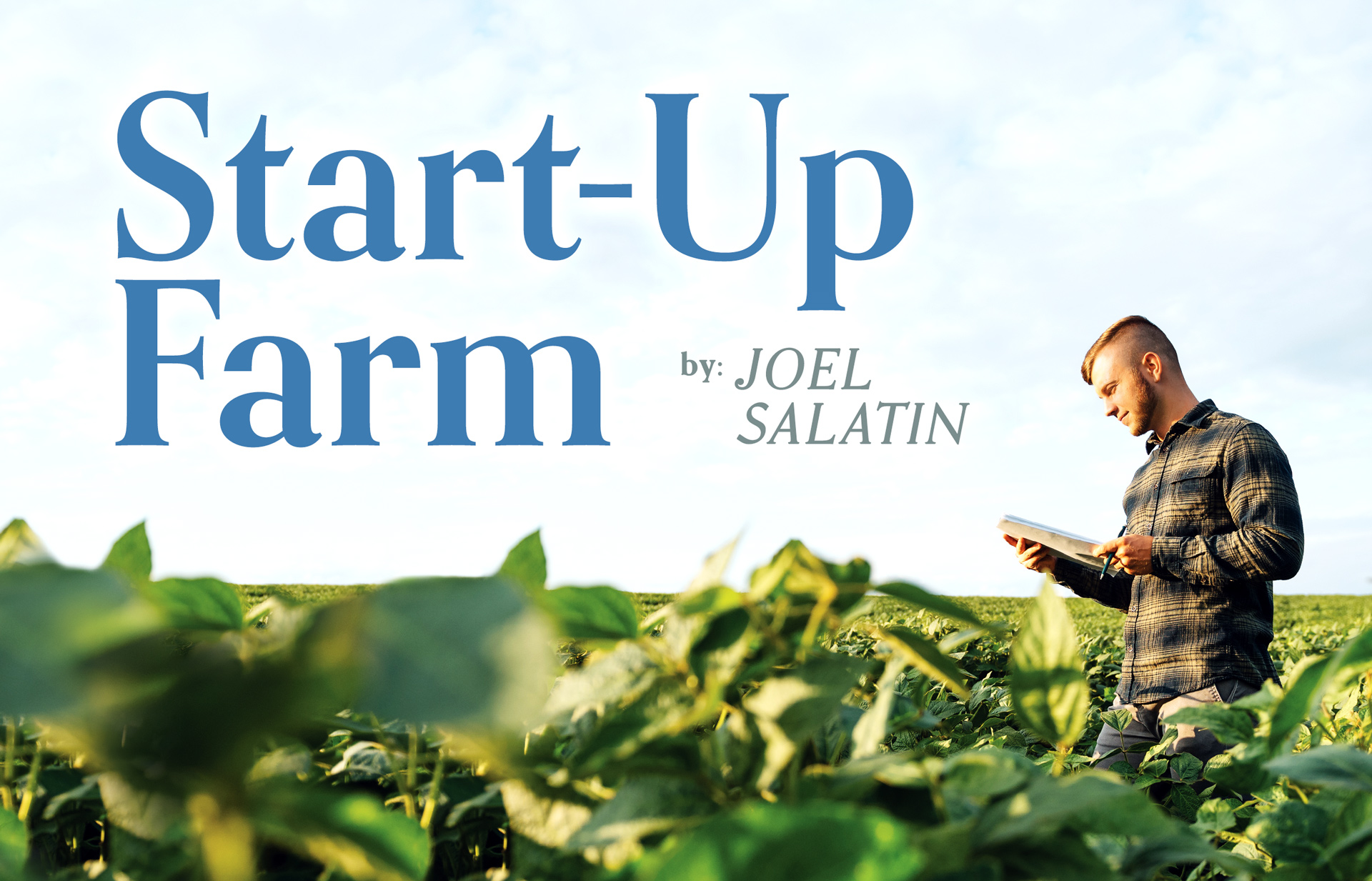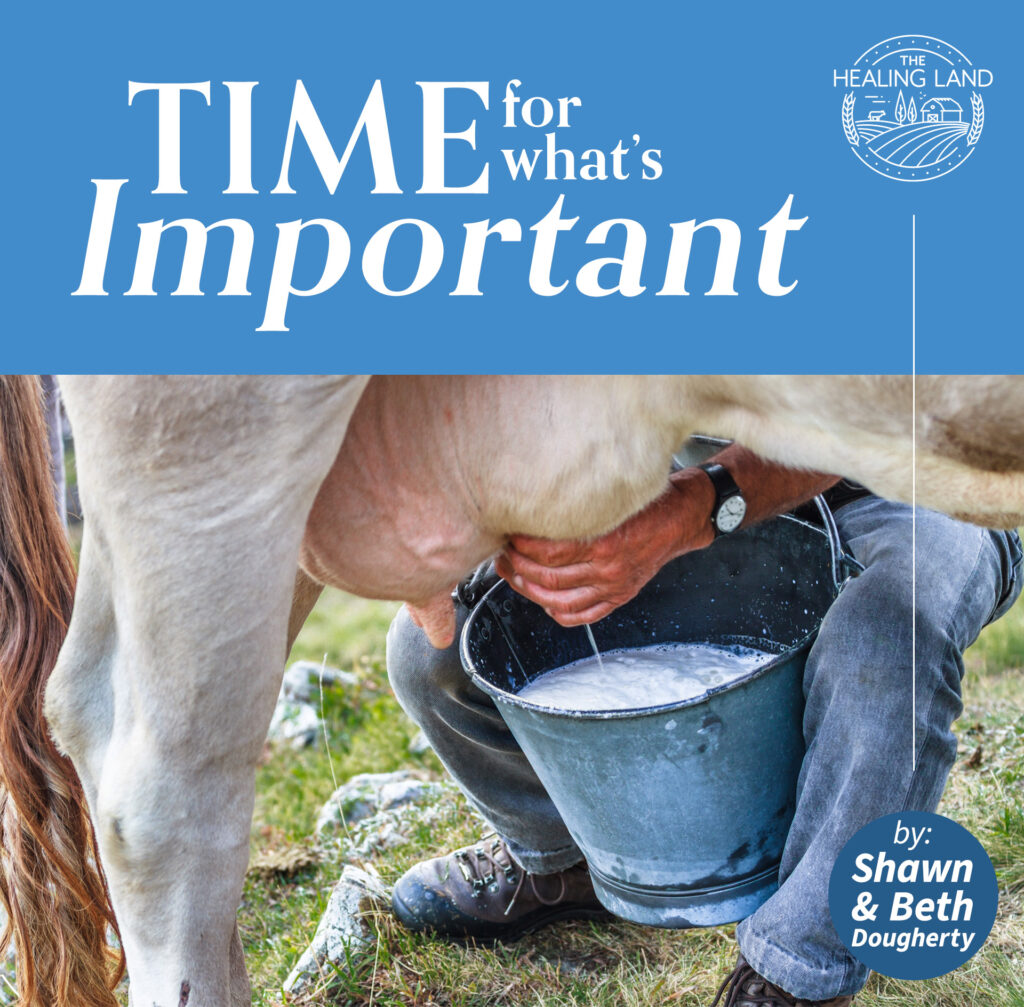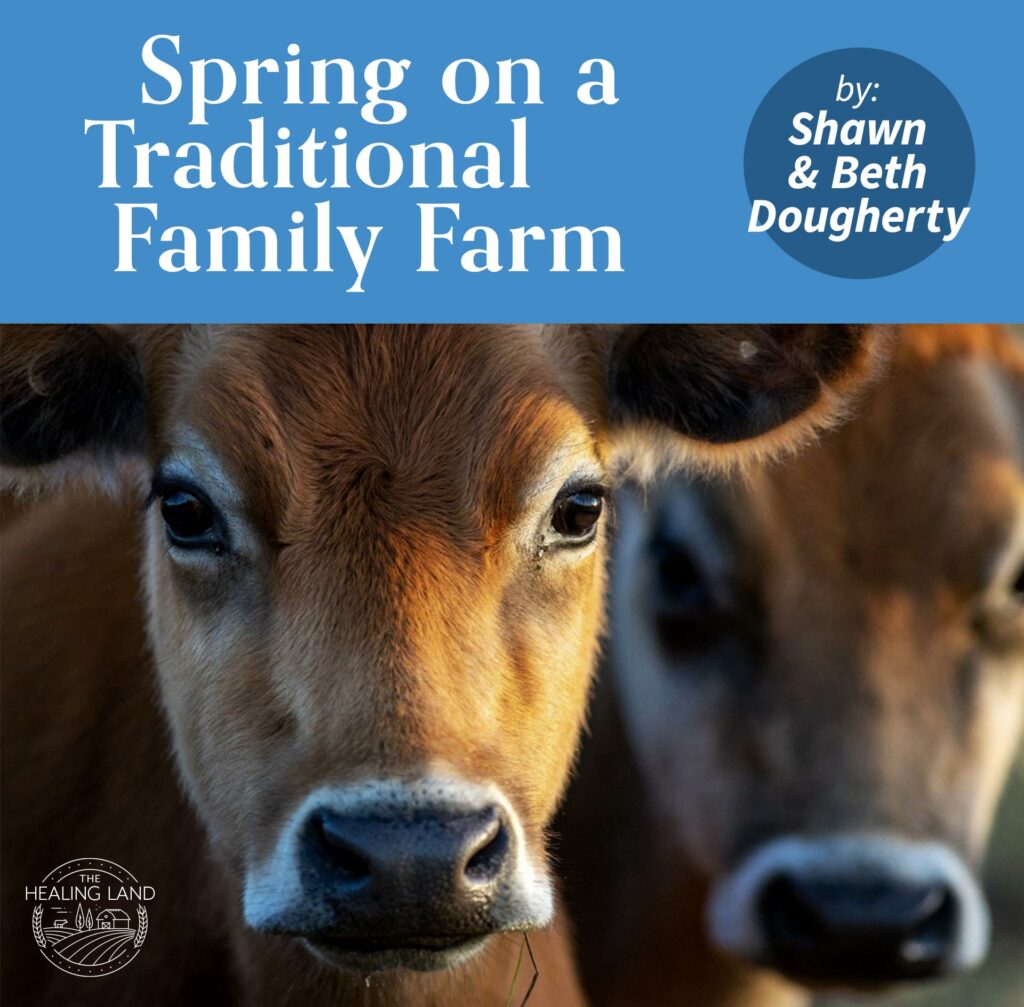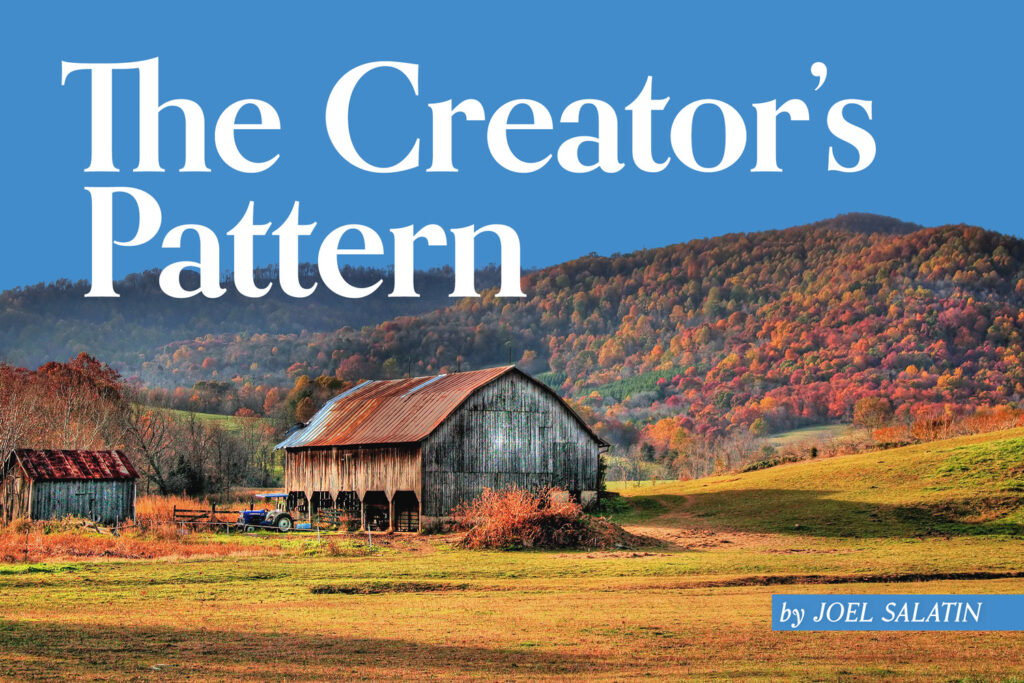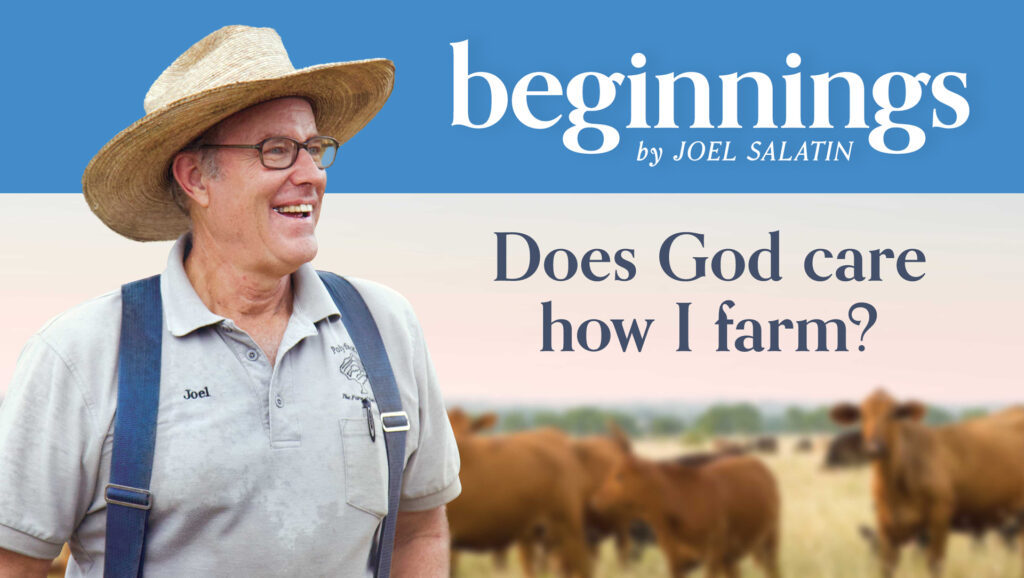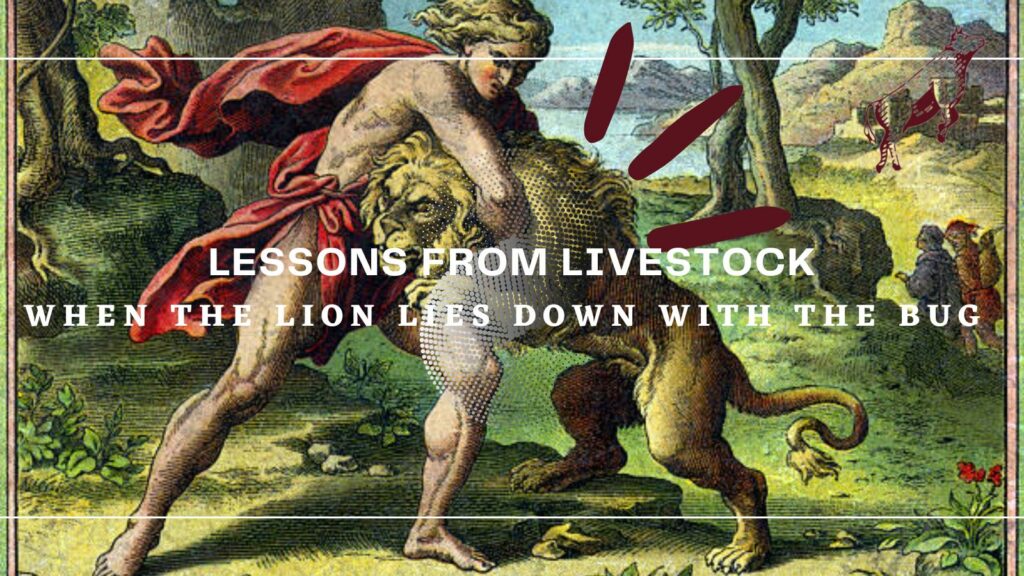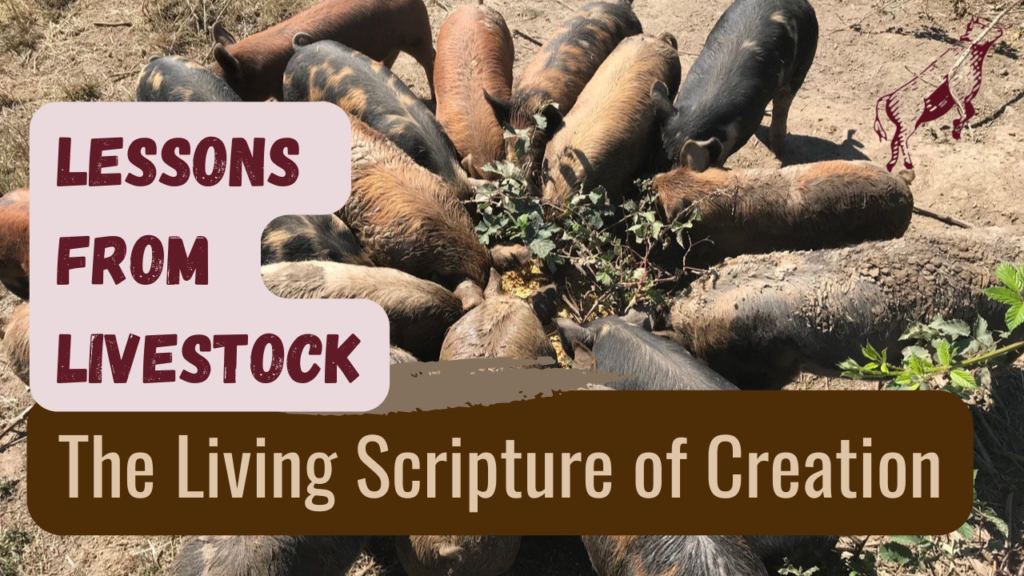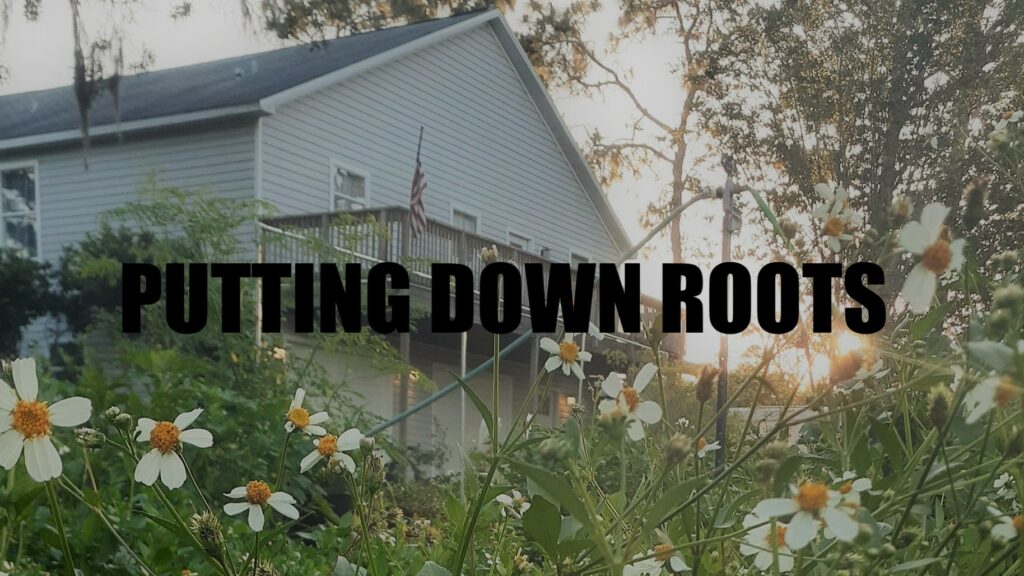By Joel Salatin, Plain Values
Thinking like an animal is not always easy, especially if you’re trying to think like a chicken. In this article, I want to dive into one of the single biggest tensions in raising farmstead egg-laying chickens, and it all stems from chicken psychology.
Like all animals, chickens love routine. Temple Grandin, maven of animal psychology, points out that animals live only in the moment. Yes, they have memory, but they have no datebook. They never think about what they need to do tomorrow.

